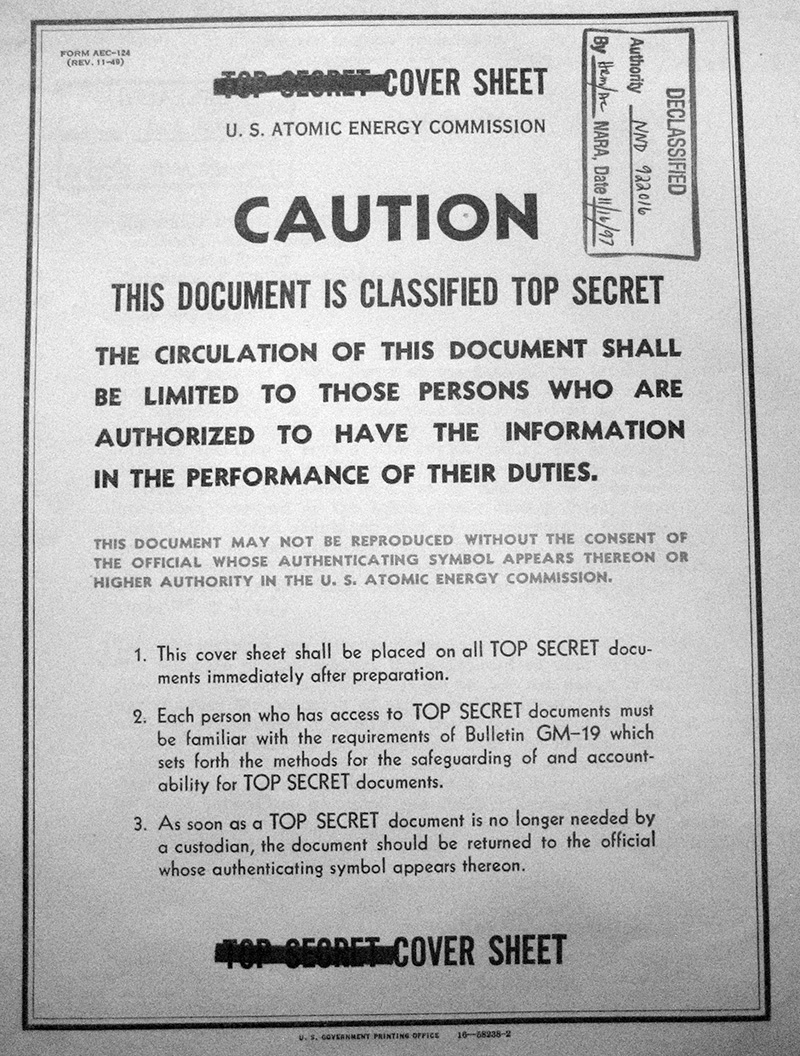
In collaborations it can take time to learn to work with certain people. They might be hard to handle in many ways: in the way they volunteer feedback; or have to be asked; in being supportive about ideas they actually don’t like, or showing that they like an idea with no other signal than vigorous attack; in expecting constant reminders; being excessively hands-off or hands-on; demanding permission for everything or resenting it. It’s complicated, especially when there’s a power dynamic on top of all that: boss/employee, advisor/advisee, principal/agent.
Fortunately, in active communities of practice, there are many collaborative linkages and the accumulated experience of those collaborators amounts to a manual for how to work with that person. Even for someone hard to work with, you have a couple of peers who manage just fine, often because they have strategies they aren’t even aware of for making it work. That knowledge gets harnessed naturally, if spottily, in my lab because my students talk to each other. One thing a student told me, that she has passed on to others, is that Seth thinks out loud during project meetings so if he’s going fast and it seems scattered and you’re totally lost about what you’re supposed to do, just wait and eventually he’ll finish and summarize.
Is there a more systematic way to harness this knowledge? The idea I came up with is a secret manual. It’s a Google Doc. The person it’s about is not invited to the doc, although they can share the link. Only past, present, or upcoming collaborators can be members. The norms are to keep it specific to collaboration tips, to keep it civil and constructive, to assume good faith and not gossip, and to keep disagreement in the comments (or otherwise distinguish advise that others have found useful from less proven or agreed upon ideas). People with access to the manual can mention parts of it while talking with its subject, but that person can’t be shown the raw doc (it’s not secret, but it is private). The person who it’s about obviously can’t contribute, but they can offer suggestions to a member for things to add (in my case, I’d want some to add: “please feel comfortable sending persistent reminders if you need something; it’s not a bother, it’s a favor”). People could maybe be members of each others’ manuals, though maybe it’s good to have a rule that the only members of one’s secret manual are equal or lesser in power.
UPDATE: if you’re a collaborator of mine, here’s a manual that someone made for me
https://0w.uk/sethmanual
Because I’m not supposed to see it, you’ll have to request access to have it opened to you.


